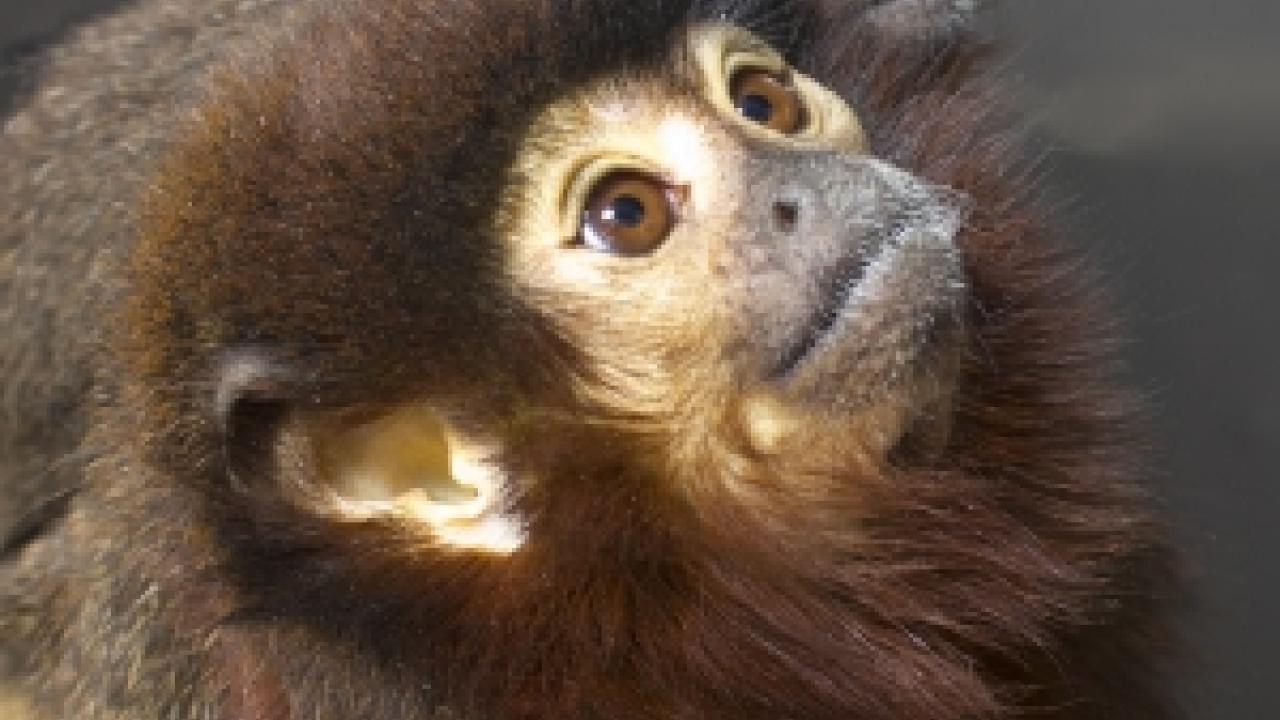
Monkey Speed-Dating: The Power of First Impressions
Just how important are first impressions? Using a speed-dating model, student researcher Alexander Baxter, explored the significance of first impressions in humans and nonhuman primates. The work published in the American Journal of Primatology on April 13th, 2023, reveals monkeys and humans strongly rely on first impressions when selecting a romantic partner.
There is clear evidence that social relationships have dramatic effects on human health, but researchers are still working to understand how they interact. For example, strong social bonds are linked to more positive health outcomes. Similarly, romantic relationships can affect health and well-being depending on factors like relationship quality and attachment behaviors. One of the first steps to understanding these relationships is to study how they begin.
In 2022, Baxter examined human data from three different speed-dating events. He focused on three factors hypothesized to predict relationship outcomes: selectivity, popularity, and compatibility. Baxter found initial compatibility expressed between two people strongly predicted a continued relationship after the speed dating event.
While research has often emphasized Darwinian hypotheses, suggesting that mates are chosen based on individual properties such as physical strength or reproductive ability, Baxter’s work challenges this notion.
It is plausible that pair-bonding primates evolved to prioritize compatibility when selecting mates - Baxter
Having established the significance of initial reactions and compatibility in human relationships, Baxter explored whether this phenomenon exists in other pair-bonding species. Titi monkeys share certain similarities with humans, such as forming long-term bonds with a partner and jointly shouldering parental responsibilities. Baxter designed a “speed-dating” paradigm where titi monkeys were exposed to their potential mates through a protective grate for short periods of time. After each “date,” the animals were rotated to meet the next potential mate. These brief introductions produced enough data to analyze the most compatible animals.
Titi monkeys were then paired together and observed in a home corral. After analyzing their behavior for several months, it became clear that compatibility during their initial “speed-dating” interaction directly influenced the speed at which the couple bonded. Baxter hypothesizes that compatibility may be expediting the pairing process for these animals.
This study demonstrates that initial impressions of compatibility can shape the course and development of titi monkey pair bonds, including the speed at which pair bonds form and the ultimate strength that developing attachments reach - Baxter
Future studies in titi monkeys are underway to understand the elements that might contribute to compatibility. The methods from this study have also been adapted for colony management, giving the animals a chance to meet several potential mates and then pairing them based on those interactions. Baxter hopes these methods will increase the quality of life for the titi monkeys at the CNPRC.
Written by Logan Savidge
